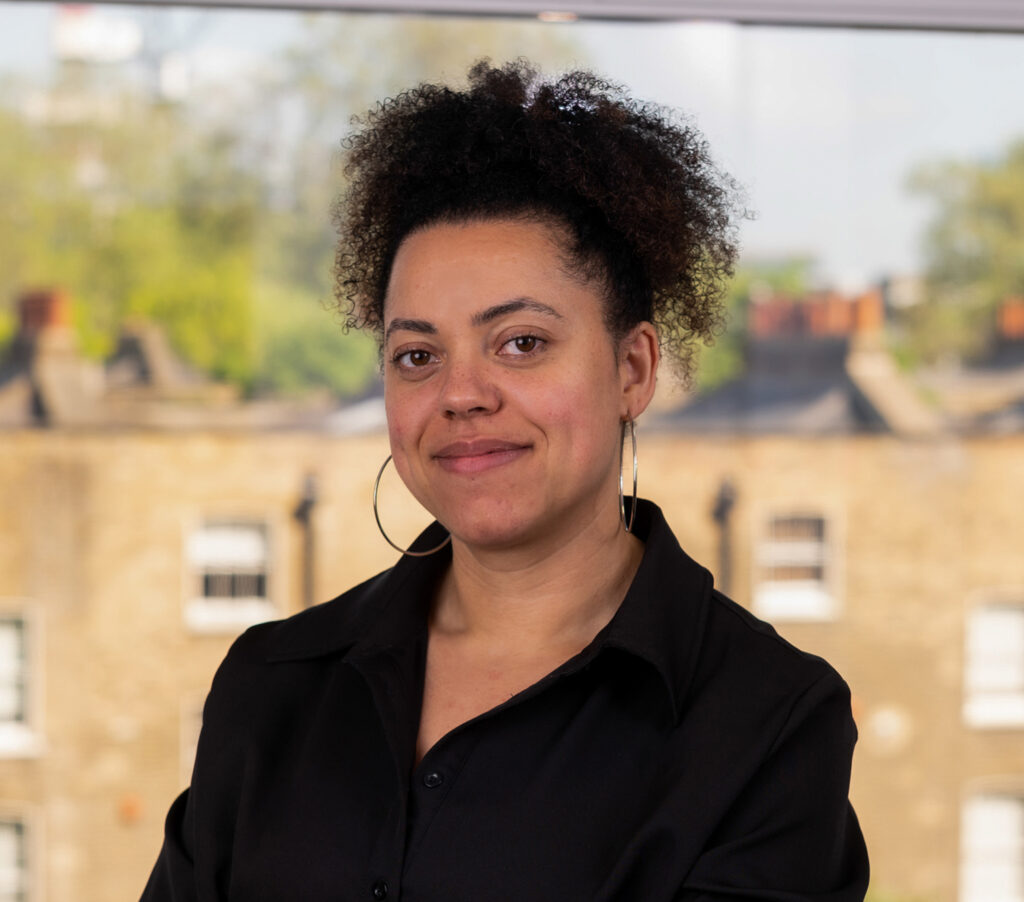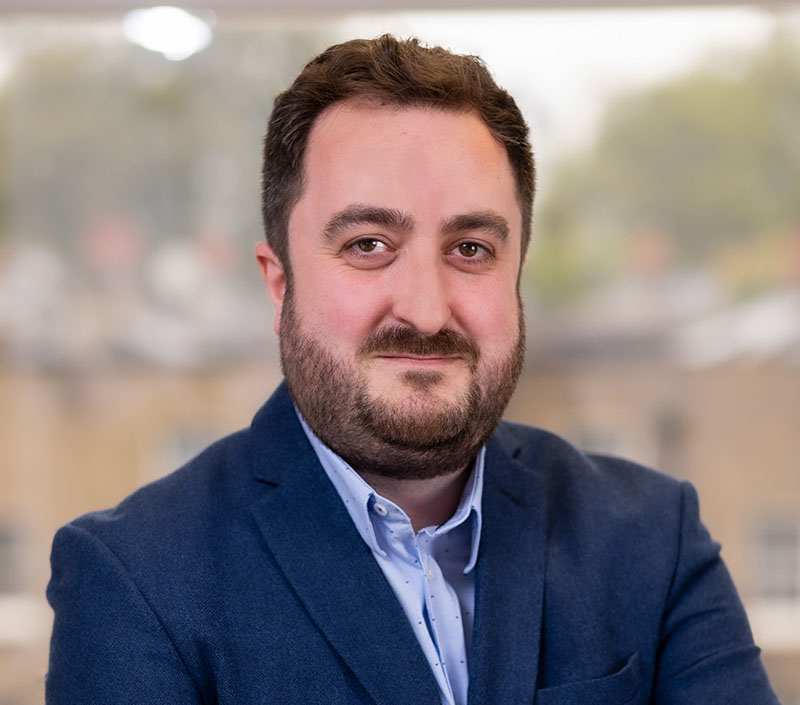
Inquests
The unexpected death of a loved one is never easy. Bindmans represents bereaved families, witnesses and ‘Interested Persons’ during the inquest process.
We are one of the country’s leading law firms specialising in inquest law and associated claims arising.
An inquest is often the only way that the family and loved ones of the deceased can understand the details of their death.
We provide a compassionate and committed service for those who seek accountability and to understand why their loved one died and if their death could have been prevented.
Bindmans act in the full range of inquests including when individuals have died in the following circumstances:
- During or following police contact including police shootings, restraint and deaths in police custody
- In prison
- Detained under the Mental Health Act or under the care of mental health services
- In immigration detention
We have particular expertise in ‘Article 2 inquests’ where a death may have been caused or contributed by the State’s acts or omissions.
Inquest advice for families
Inquests can be daunting for families, who are already suffering great distress. We assist families to make sense of the inquest process and to understand what happened to their loved ones. We will help you find out how your loved one died and the circumstances leading to their death.
We combine sensitivity towards our clients’ grief, with a determination to hold state bodies accountable and what lessons should be learned to prevent similar deaths in the future.
By offering clear advice and robust representation, families are equipped to deal with the strain of an inquest and we will ensure that the coroner conducts a full and fearless investigation. The team has a wider range of different but complementary specialisms meaning we can advise on different types of inquests in a prison, police and or mental health context. We have had many successes obtaining critical findings, including unlawful killing, neglect and serious failings, in both jury and non-jury inquests such as Hillsborough, the police shooting case of Dean Joseph and the death of Connor Sparrowhawk, to name but a few examples.
Our expertise has also led to coroners making reports at the end of the inquest to prevent future deaths sometimes called Regulation 28 reports.
We provide a full service up to and including the inquest hearing, including supporting families through any associated criminal proceedings and the Victim Rights to Review (VRR) process, advising in respect of linked investigations including Prisons and Probation Ombudsman (PPO), Independent Office for Police Conduct (IOPC) and NHS Investigations. Once the inquest has concluded, we can help you take further action including bringing claims for compensation in negligence and under the Human Rights Act.
We also represent families who wish to challenge a Coroner’s decision in the High Court through a process called judicial review or an Attorney General’s Fiat. Our specialists can advise you on the best option depending on the facts of the case.
We can also advise on linked investigations or criminal prosecutions following a death.
Experience
Bindmans is recognised as a leader in the field in complex and contentious inquests.
Bindmans is recognised as a leader in the field in complex and contentious inquests.
At Bindmans, we provide a bespoke and seamless service following the death of your loved one. We have expertise in a wide range of specialisms such as prison, police, criminal, personal injury and clinical negligence and mental health law. We believe families should be at the heart of the inquest process. We will fight hard to secure the best possible results for all our clients. We are based in London but act for families across the country.
Examples of our inquest work includes acting for families in the following circumstances:
- Police shootings such as Dean Joseph, who was the first black man fatally shot by the police after the shooting of Mark Duggan. The inquest jury returned a number of critical findings regarding the use of negotiators and communication.
- Police restraint deaths, for example, we act for the partner of a man who died shortly after being restrained by police.
- A number of families whose loved ones have died whilst detained at HMP High Point and who have concerns about repeated failures to learn from previous deaths and to keep prisoners safe.
- Self-inflicted deaths in prison.
- Restraint deaths in mental health detention.
- A man detained under the Mental Health Act, who absconded from hospital and committed suicide. The jury was critical of the hospital’s failure to keep him safe. The coroner prepared a report to prevent future deaths to the Care Quality Commission about the security of mental health units.
- We act for the family of Connor Sparrowhawk who drowned in the bath on an NHS Assessment and Treatment Unit. The jury at his inquest concluded that his death was contributed to by neglect and by a number of serious failings.
- We acted for the family of Mark Woolcock. He was an NHS frontline worker who died of Covid-19. The inquest explored his potential workplace exposure to Covid-19 and the systems in place to keep him safe at work. This is one of the few Covid-19 deaths to reach inquest as most deaths are deemed to be natural causes or where Article 2 ECHR was engaged.
Further examples of ways in which the team can also assist families include:
- To secure significant awards of compensation and apologies from the state.
- Challenging the refusal to grant legal aid so families can be legally represented at the inquest.
- Judicially reviewing Coroners’ unlawful decisions such as refusals to hold an inquest or call a jury, restrictions on the scope of the inquest and matters that have been left to a jury.
- Attorney General Fiats leading to new inquests into the death of a loved one being held.
Other important inquests cases include:


















